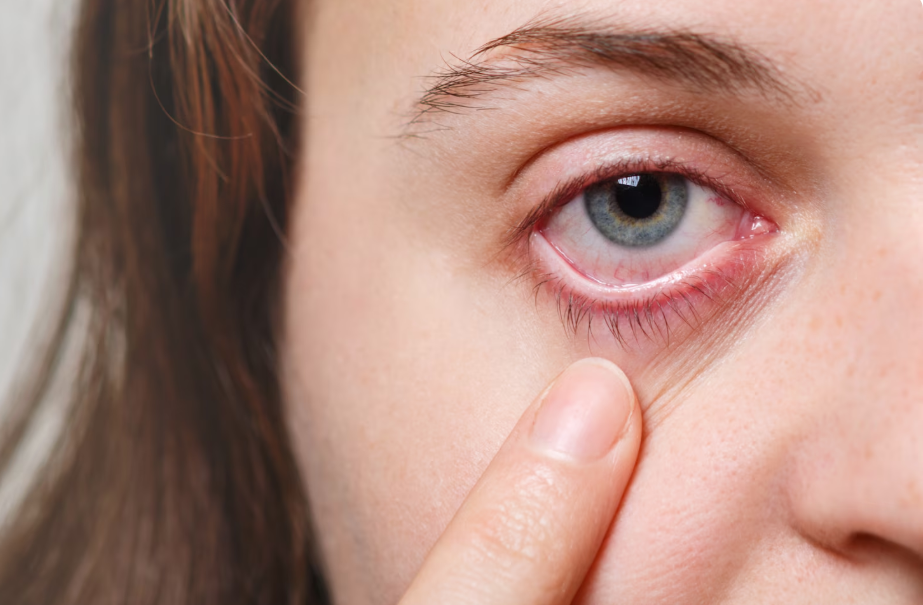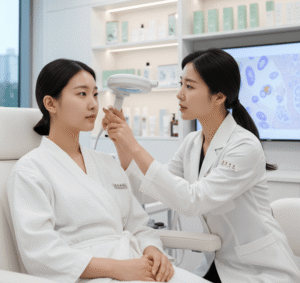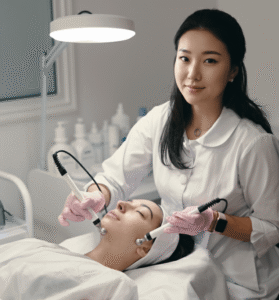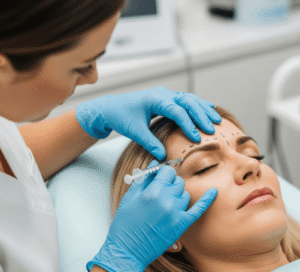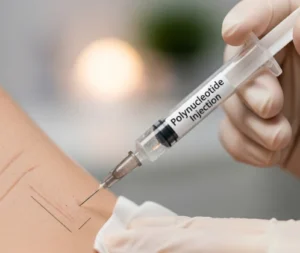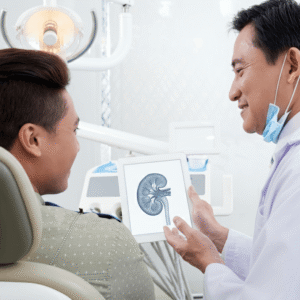Overview
A corneal abrasion is a scratch or injury to the cornea, the clear, protective outer layer of the eye. It is a common eye problem that can cause significant pain and discomfort but usually heals quickly with proper care. In South Korea, advanced ophthalmology clinics provide rapid diagnosis and treatment to prevent complications such as infections or vision impairment.
What is Corneal Abrasion?
A corneal abrasion occurs when the cornea’s surface epithelium is damaged. This can happen due to trauma, foreign bodies, contact lens misuse, or chemical exposure. Although the injury is usually superficial, deeper abrasions can lead to more serious complications if not treated promptly.
Symptoms
Symptoms typically appear immediately after the injury and may include:
- Severe eye pain or discomfort
- Sensitivity to light (photophobia)
- Tearing or watery eyes
- Redness of the eye
- Blurred vision
- Sensation of a foreign object in the eye
- In some cases, swelling of the eyelids
Causes
- Foreign objects such as dust, sand, or metal shavings
- Fingernail scratches
- Contact lens wear or improper handling
- Chemical exposure to the eyes
- Eye trauma during sports or accidents
Risk Factors
- Contact lens users, especially overnight wearers
- Children and adolescents (higher risk of accidental injuries)
- Individuals working in construction, manufacturing, or laboratory environments
- Poor eye protection habits
- Dry eye conditions that weaken the corneal surface
Complications
- Eye infection (bacterial or viral keratitis)
- Corneal ulcers if the abrasion is deep or untreated
- Scarring of the cornea, potentially affecting vision
- Recurrent corneal erosion
- Chronic eye pain or discomfort
Prevention
- Wear protective eyewear during sports or hazardous work
- Proper hygiene and care when using contact lenses
- Avoid rubbing the eyes, especially with dirty hands
- Promptly rinse eyes exposed to chemicals or debris
- Regular eye check-ups for high-risk individuals
Treatment Options in Korea
South Korea offers advanced ophthalmology care for corneal abrasions, including rapid diagnosis and treatment:
- Emergency and Clinic Care
- Immediate evaluation by ophthalmologists in hospitals and eye clinics
- Removal of foreign bodies if present
- Use of fluorescein dye and slit-lamp examination for accurate diagnosis
- Medication
- Antibiotic eye drops or ointments to prevent infection
- Lubricating eye drops to reduce discomfort
- Pain-relieving medications, including topical anesthetics for short-term use
- Protective Measures
- Eye patching may be used in some cases to protect the cornea
- Avoidance of contact lenses until healed
- Follow-up Care
- Monitoring healing with repeat eye examinations
- Additional treatment for complications like corneal ulcers or recurrent erosion
Hospitals and Clinics Providing Care in Korea:
- Seoul National University Hospital, Ophthalmology Department
- Samsung Medical Center Eye Clinic
- Asan Medical Center Ophthalmology

